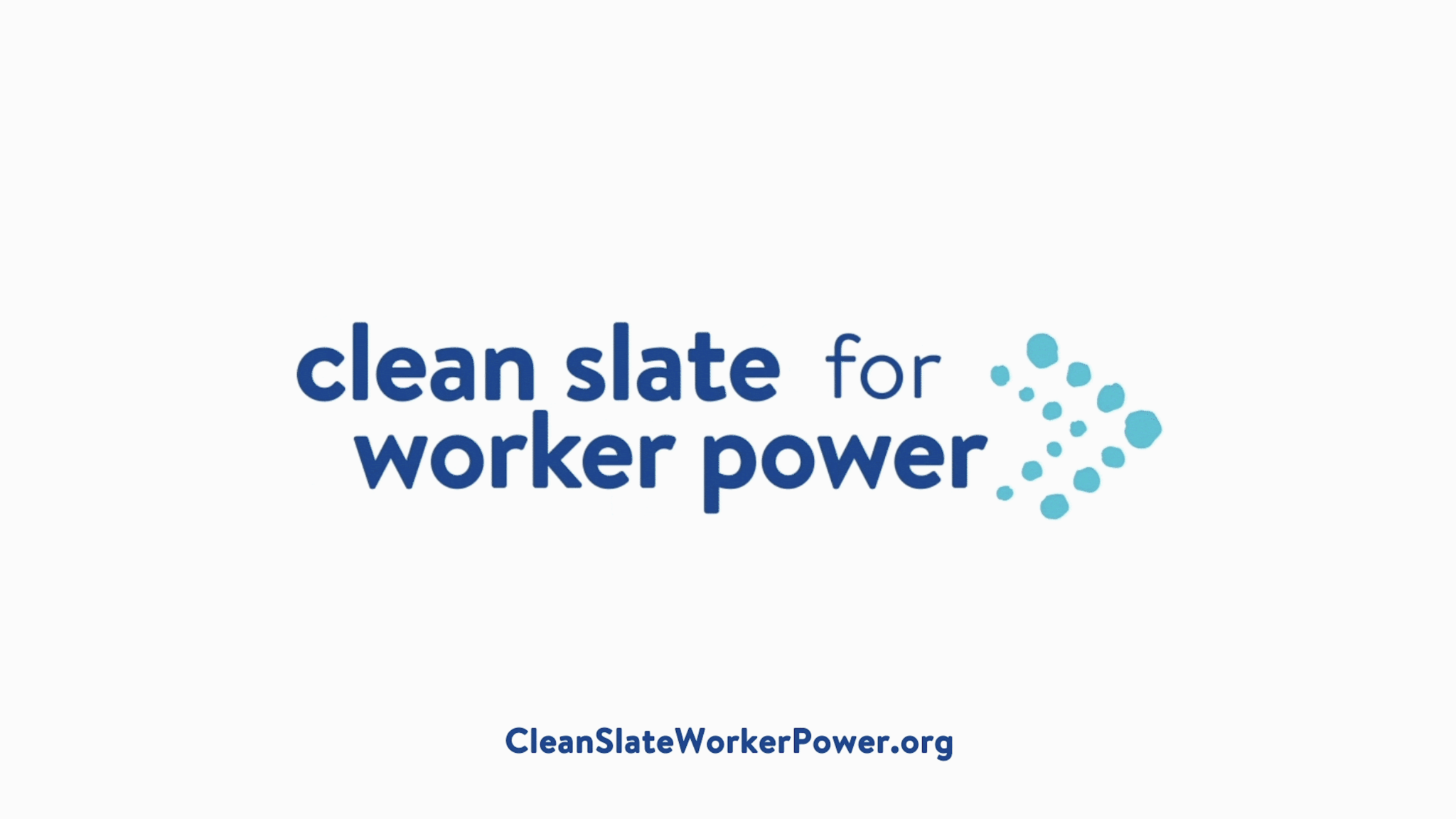Deanna Krokos is a student at Harvard Law School
This week, the Labor and Worklife Program at Harvard Law School released their Clean Slate for Worker Power, a report re-imagining, rebalancing, and re-vitalizing labor law. The report spans more than 100 pages, outlining a robust and ambitious plan of detailed reforms including sectoral bargaining, works councils, workplace democracy, and robust collective action rights “all essential to address larger concerns about economic and political equity in a divided, polarized society.” Each of these reforms are part of a larger goal to “fundamentally redesign” labor laws, “rather than pursuing incremental reforms.”
The project is forward-looking—“not based on nostalgia for the past”—and makes inclusion its first goal. Today’s labor laws were crafted with carve-outs and exceptions that left industries dominated by women and people of color outside of their protections, and the Clean Slate report aims to build robust, equitable, and empowering laws for all workers. The project was led by Sharon Block, executive director of the Labor and Worklife Program, and Harvard law Professor Ben Sachs and the report “engaged ideas from more than 70 activists, workers, union leaders, professors, and others.” By providing the tools for workers to organize, the project aims lessen inequality so workers can counter corporate power “in the workplace, across industries, in the boardroom and at the ballot box.” The full report and executive summary can be found at https://www.cleanslateworkerpower.org/.
NPR reports that the Trump Administration’s visa restrictions have made it harder for U.S. companies to attract high-skilled workers from around the world, creating “an opportunity for other countries, like Canada, which has become a magnet for global talent.” As remote work becomes easier and bringing workers to the U.S. becomes more difficult, “Google, Microsoft, Intel and Uber have either opened or announced plans for new offices in Canada” to gain access to foreign talent. Others are opening “virtual subsidiaries” to accommodate workers without confronting the onerous U.S. visa system.
This week, The Washington Post featured 32-year-old artist Mario Moore, who used a prestigious artist’s fellowship at Princeton to create a series of portraits depicting the blue-collar workers who make the University run. After receiving the Hodder Fellowship, Moore produced 22 images of cooks, groundskeepers, and security workers to be displayed on Princeton’s campus. Moore told WaPo that it was important to make these blue-collar workers, largely African Americans, “visible” and “put them in positions of power.”






Daily News & Commentary
Start your day with our roundup of the latest labor developments. See all
January 28
Over 15,000 New York City nurses continue to strike with support from Mayor Mamdani; a judge grants a preliminary injunction that prevents DHS from ending family reunification parole programs for thousands of family members of U.S. citizens and green-card holders; and decisions in SDNY address whether employees may receive accommodations for telework due to potential exposure to COVID-19 when essential functions cannot be completed at home.
January 27
NYC's new delivery-app tipping law takes effect; 31,000 Kaiser Permanente nurses and healthcare workers go on strike; the NJ Appellate Division revives Atlantic City casino workers’ lawsuit challenging the state’s casino smoking exemption.
January 26
Unions mourn Alex Pretti, EEOC concentrates power, courts decide reach of EFAA.
January 25
Uber and Lyft face class actions against “women preference” matching, Virginia home healthcare workers push for a collective bargaining bill, and the NLRB launches a new intake protocol.
January 22
Hyundai’s labor union warns against the introduction of humanoid robots; Oregon and California trades unions take different paths to advocate for union jobs.
January 20
In today’s news and commentary, SEIU advocates for a wealth tax, the DOL gets a budget increase, and the NLRB struggles with its workforce. The SEIU United Healthcare Workers West is advancing a California ballot initiative to impose a one-time 5% tax on personal wealth above $1 billion, aiming to raise funds for the state’s […]